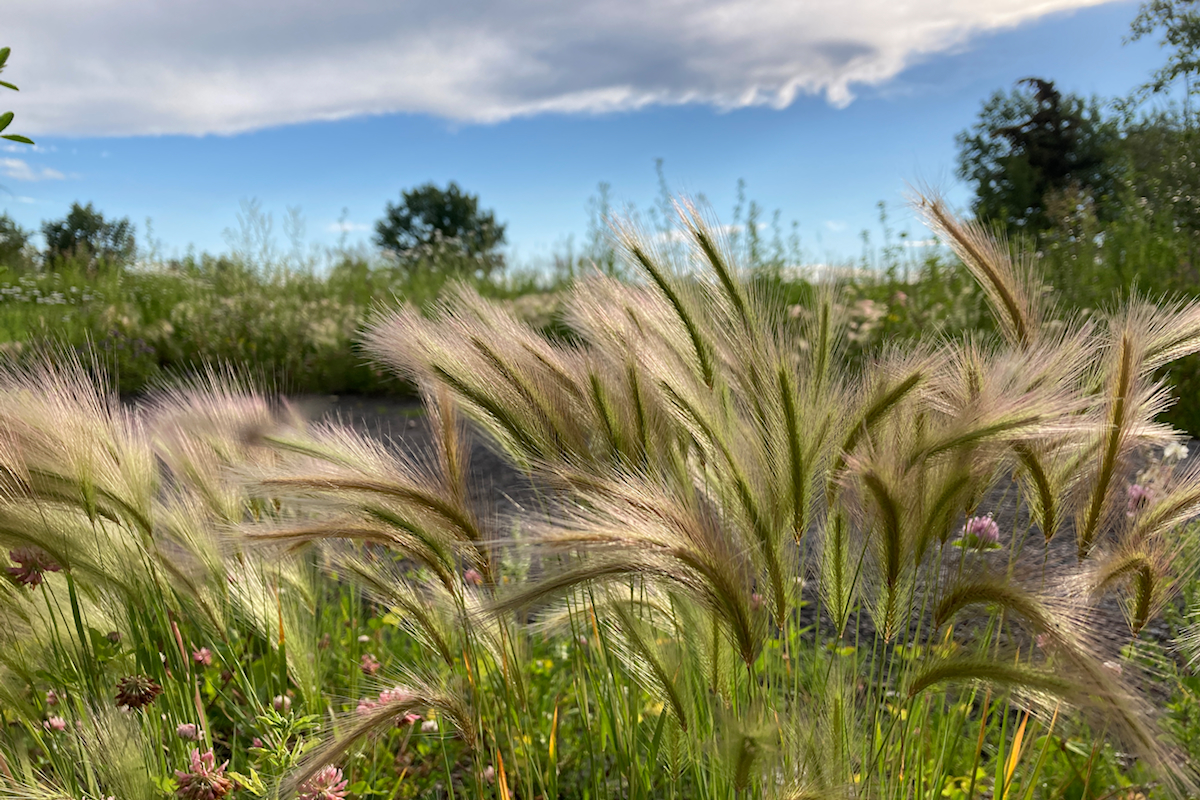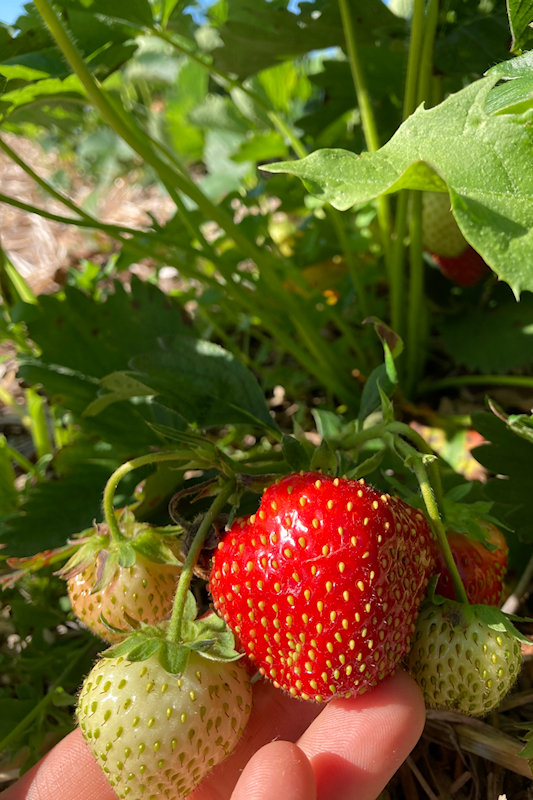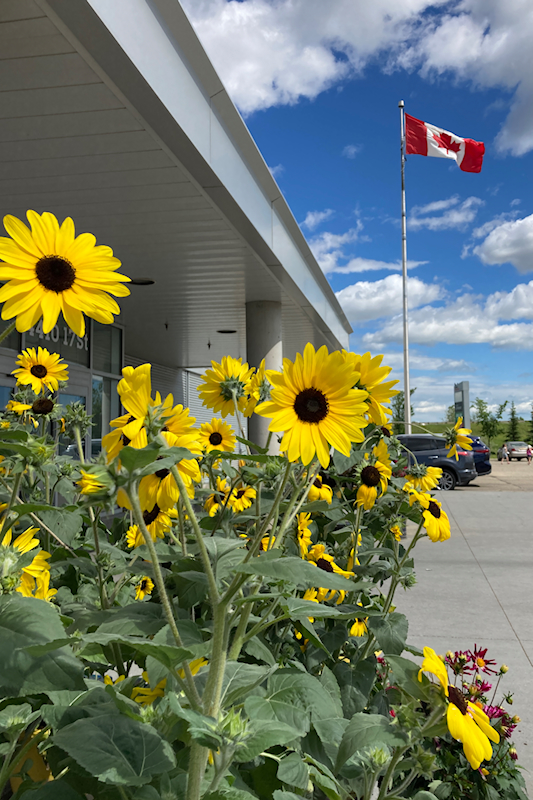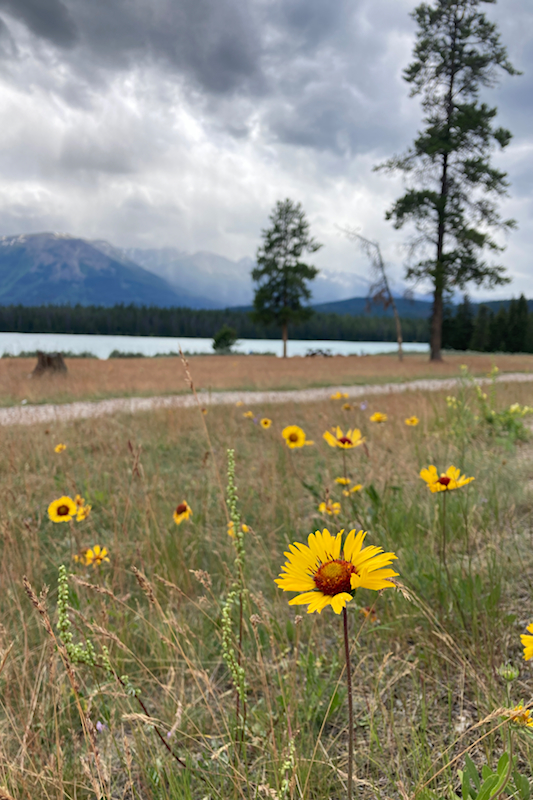Get posts by email
Everything is Political
July 22, 2022
This is the third post in the Why have you become so political? series.
My previous post laid out an introduction to my own political orientations, as revealed through my homeschool practice. It’s taken me a while to get this next post published because I’m traveling and visiting family this summer in Alberta.

But more than that, I find the ideas I’m wrestling with and what I’m reading these days, to be well beyond the usual ken of my thinking and writing. And the complexity of the subject matter makes me want to silence my voice, because of my own vast ignorance, past and present, and my complicity in systems of governance to which I object.
So I will attach this disclaimer and then move ahead, as planned.
What I’m presenting in this series is an attempt to understand the world through the lens of my own very limited experience, my worldview and values, and my personal and academic study and dedication to learning.
I’m doing all this to a) make sense of my own political values (what are they? how do I define them?) and b) observe how these values do or don’t align with what I see around me.
The pandemic revealed that a hearty chunk of my baseline assumptions about how we're governed (in Canada specifically, and the West more broadly) have been wrong.
If I had been paying more attention earlier in my life, I would have picked up on this much sooner. It was the management of the pandemic that rattled my cage (read that how you will) sufficiently enough to motivate me to take a more thorough look under the hood of both my own beliefs and values around the polis and the socio-political-economic system of my time and place.
This apocalyptic revealing has coincided with my graduate studies which has given me literal language for things I could only "sense" before. I now have the words and a broader framework to articulate what I observe, or the means to figure out the words.
This series is my way of working through my own experiences, observations, ideas and values so I can move forward living my life with as much alignment of value and practice as is possible in our incredibly complex world.
Since my post last month I hope you’ve had some time to think about how your own life actions and orientations reveal your political values. Not in who you vote for, but how you relate to the polis of your neighbours, your children, your community; how you envision and enact group functioning, organization, and governance.
Under that rubric, everything is political.
(If you’re reading this in email there’s a music video embedded here. Pop over to the blog post to watch it.)
Canadians of my vintage will know this song. And for the rest of you, meet Spirit of the West and their hit song “Political”.
As for my own political orientations, I have ideas around group and societal organization which are not based on the model we see around us.
I’m not looking to what exists to define what is possible.
I recognize full well that we’re nowhere near making imaginative changes a reality on the big scale, but that doesn’t mean we can’t try things in our lives and relationships. This is how change happens, by people living differently than the assumptions of their given context.
Here are just a few examples of my political values in action:
-
Freedom homeschooling my children.
-
Sharing my home (with gratitude and delight) with young adult children who have different spiritual beliefs than me, different political leanings than me; different values, ideas, and behaviors than me. Practicing my visions of community living with the community of my family.
-
Committing myself to the care of others and building collectivity into marriage and familial relationships to sustain and practice these intentions.
-
Leaving a church community and rejecting a religious framework (after years of adherence to that framework), that is based on a hierarchical understanding of human relations. I remain a Christian but not in alignment with practices of power over others.
Why do I call these deeply relational, familial, and spiritual stances political values?
Because these are lived practices of the possibilities that I imagine for group organization, dynamics, and governance. They embody my thoughts on how we should organize ourselves - collectively with respect for the individual. And what we’re ultimately organizing for - the care and flourishing of one another.

The importance of "everything is political" in evaluating the pandemic
This is the part in the series where I talk about the pandemic.
The rate at which political upheavals and social and cultural crises wash up on the shores of our lives has rendered the pandemic old news. However, it was this particular crisis that revealed to me, more than anything else to date, the true nature of our social relations and the political machinations that both arise from and perpetuate those social relations.
(I have recognized in previous writing over the last year how the political, social, and economic events of other contexts have also revealed these truths. It’s taken me a while to catch up.)
We’ve all gone through a very trying and difficult period. And I can say “all” because this was a pandemic. The extent of loss and grief in people’s lives cannot be understated. Millions of people died. Covid killed people, it made people very sick, and its long term affects on our health are still unknown.
I maintain we can hold all of that as true while also holding true that Covid policies created and amplified the overall losses. The extent of which was not acknowledged by those advocating for, making, enforcing, and defending the policies. There was the disease itself and there were the measures taken to contain the disease. Both of these created a cascade of loss and suffering - physical, material, emotional, psychological, social - for people worldwide.
How each of us responds to the losses and the experiences of this time is a reflection both of our lived experience and personal context but also our politics. And I don’t mean whether we’re a red or blue voter (and in Canada add orange, green, purple, and some others.)
When I say “politics” I’m not talking about political parties, or sides, I’m talking about politics in the terms I’ve laid out in this post and this series.
I'm defining politics as how we "be in community together", how we do life together.
People’s responses to pandemic policy revealed their true political orientation. It revealed what they believe constitutes just governance. It revealed their own relationship with state authority, and the degree to which they trust those in power. It revealed their underlying ideas about how we should do life together and who gets to make the decisions about our lives.
To be fair, thorough, and nuanced, people's responses to pandemic policy reveals much more than just political orientation. And that political orientation is influenced by many things, most of them unconscious, which is kind of my point.

A critique of governance by experts and "science"
I'm going to illustrate how people's responses to pandemic policy revealed underlying political orientations by briefly examining the phenomena (or is it a penchant?) for governance by experts. Those experts being scientists, the political class, technocrats and others in positions of power. To be very clear, I'm going to critique the idea that this group should be the arbiters of how we envision doing life together (even during a pandemic).
I've spoken with and read multiple opinions, mostly during the height of the pandemic and less so now as we slowly come to our senses, in which people expressed their desire to have pandemic policies determined by experts, and experts alone, in very specific and narrowly defined fields. Let the experts decide and tell us how to live.
Concomitantly, during the pandemic there was an unrelenting drumbeat, from media, the state, and intelligentsia to “trust the science”.
Here I’m going to quote Gabrielle Bauer whose critique will serve as the introduction (and tidy summary) of my views on that line of thinking:
You don’t have to be a public health expert to have a valid opinion about pandemic policy. How bad is it to be sick? How bad is it to miss school? “Although we can’t all be experts in epidemiology, we are all equally qualified – and in a democracy, all obliged – to think through those questions ourselves,” notes Stephen John, a senior lecturer in the philosophy of public health at King’s College London, in an article for The Conversation. When weighing in on these fundamental human questions, epidemiologists don’t get more votes than anyone else.
Pandemic policy decisions are never just about science - a fact that the “follow the science” arguments have disingenuously ignored. Science gives us information and a method for obtaining more information, but it does not give us a formula for reacting to the information.
To expand on that last sentence,
Science isn’t some oracle you consult to get the ‘correct’ answer. Science is nothing but the process of hypothesis, testing, challenging, re-testing, debate, re-testing etc until the best answers rise to the top. Once you use scientific institutions for political purposes, you’re no longer practicing science.” Commenter on U.S. Public Health Agencies Aren’t ‘Following the Science,’ Officials Say
And finally,
“Trust the science” is in fact the least scientific motto one can think of since it is basically a naked appeal to authority rather than, say, a careful examination of the evidence. It’s a sad comment on not only the scientific community but American society at large when the powers that be view smothering dissent as a central requirement for maintaining authority. Commenter on U.S. Public Health Agencies Aren’t ‘Following the Science,’ Officials Say
My own political orientation is that what we do with information gathered by science, what we do with data in general, is for the collective, or the polis, to decide. Decision-making by the expert classes and oligarchies is a different political orientation.
Rule by a few is not a political value that most people living in a liberal democracy, if they are supportive of democratic values, would consider a just and appropriate form of governance. Within our own supposed liberal democratic society some people remain ignorant of how little sovereignty citizens have in the governance of their own lives. Others don't want that responsibility. Still others are well aware but have come to accept this as "the way it is". (See my previous post for critique of "the way it is" mentality.) And sometimes people even benefit from this arrangement, when they are the ruling class or their views align with that class.
The incongruence of expert scientific rule with democratic values aside, even when empirical science is limited to its proper role of rigorous inquiry and iterative problem solving, it doesn’t exist in a value-neutral vacuum. The practice of science within a reductionist and materialist worldview is an ideology all its own.
Further, the muddying of science with profit-driven motives during the reign of neoliberalism completely undercuts the stance that "science" is something we can blindly trust. It behooves us to ask the question: who stands to gain when a pandemic is declared and medicine and medical interventions are mandated by the state? And how should we, the collective, respond when scientists themselves, experts in their field, are cancelled, silenced, or dismissed because their findings don’t align with the dominant narrative or the recommended policies?
If we’re being told to trust in science, why aren’t we allowed to examine all the science in making policy decisions for the collective and for our own bodies? Who benefits in the privileging of some science over other science? Who loses? Who gains power?

In conclusion
People's responses to pandemic policy revealed their underlying political orientations in their willingness to be governed by science and experts, in the same way we were once willing to be governed by dogmatic religion.
We can’t stand on or behind the idea, like it’s a super-shield from all criticism, that we turn over the governing of our collective and our individual bodies to “experts”, “science”, and “data”. As if these are some value-neutral, beyond human fallibility and therefore completely trustworthy mechanisms of decision making. It's just not so.
Once upon a time we, as a society, put that same faith and blind devotion in religion, turning over the governing of our collective and individual bodies to priests, a religious text, and religious rules as if these were also beyond human fallibility.
My own perspective, and this is my blog, is that the decision making about how we want to live as a collective, a polis, cannot be taken over by experts or science. Both have a place at the table, but they do not own the table, any more than religion does.
We shouldn't be using science to wield power over others and over the collective decision making of our lives any more than certain past and present societies use religion to wield power. Big hint about my own political orientation: we shouldn't be seeking to wield power over others.
In my search to align my values with my living I will not be a part of perpetuating the harm of expert edicts as "the" way we decide what's best for our collective and individual bodies. We've been here before. Eugenics, the near (and successful in some cases) genocide of Indigenous cultures with colonialism, witch hunts led by religious leaders (the powerful experts of the day)... I want no part of it.
Dark forces are lurking in our political systems that we call democracy. These forces undermine our collectivity, our ability to care for one another, and also our individual agency and autonomy. A situation I should have been more cognizant about before the pandemic but that I just didn’t have the interest, time, or inclination to investigate further.
Surprisingly for me, these forces are lurking in places I had not expected to find them. Though others reading along and those following cultural and political movements over the years will not find their location surprising at all.
Stay tuned for my next post on authoritarianism. A topic I never imagined writing about on a memoirist blog. (Nested within a series I never imagined writing on a memoirist blog.) 😳 But such are the times.
Don’t miss a post. Subscribe to my mailing list (it’s free!) and get posts delivered to your inbox.
Also, comments are closed because of a long-standing problem with spam. (And I have yet to remove the "comments" link). Just hit me up with an email - renee at tougas dot net - if you have something you'd like to say.
Filed Under
Part of Series
You can subscribe to comments on this article using this form.
If you have already commented on this article, you do not need to do this, as you were automatically subscribed.





